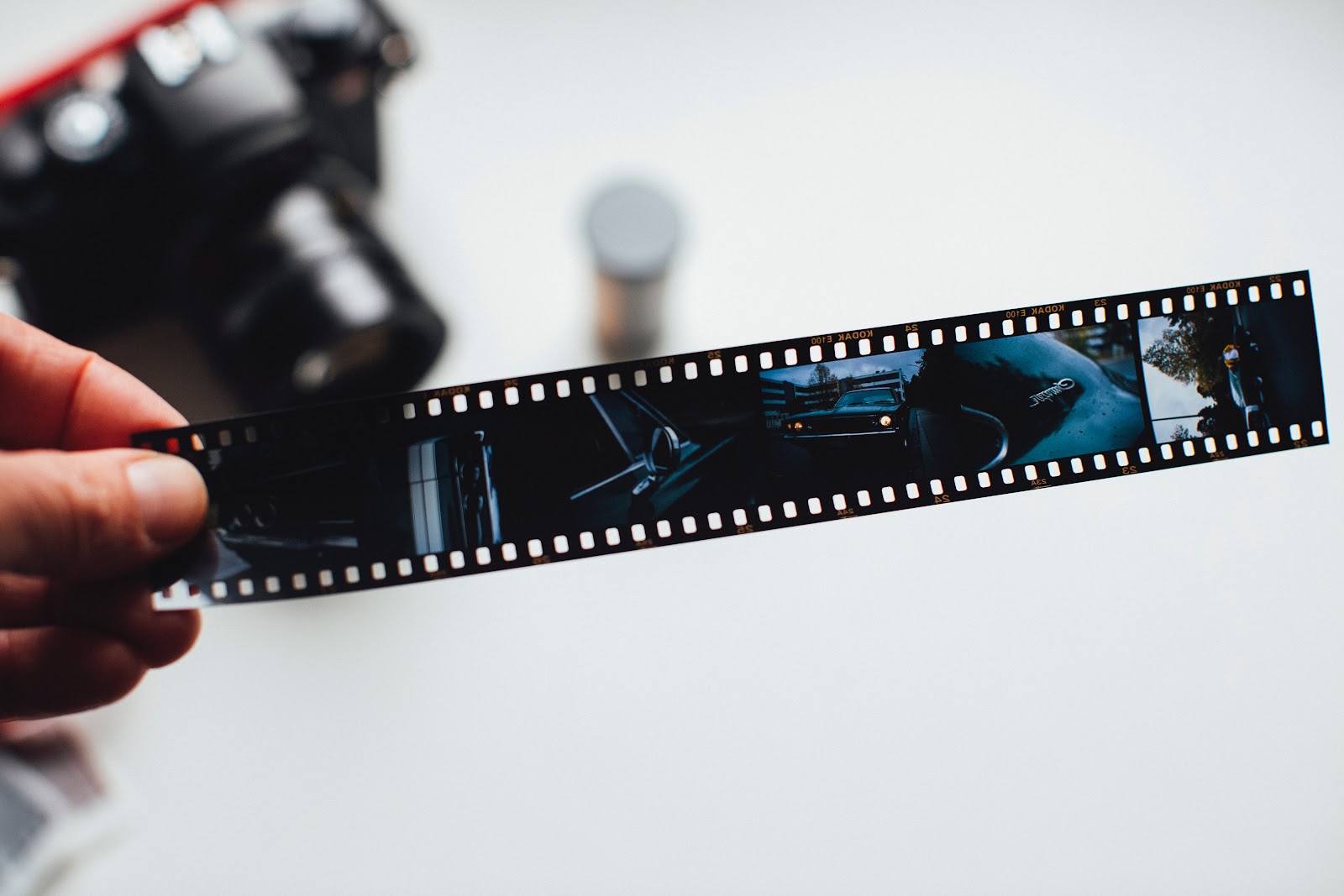Unlocking the Magic of Film Photography: A Comprehensive Guide to Get You Started
When it comes to photography, many enthusiasts and beginners alike are drawn to the allure of film photography. The tactile experience, the anticipation of waiting for film to develop, and the unique aesthetic qualities of film images make it an exciting medium to explore. But is film photography easy to learn? How do you become a film photographer, and should you embark on this journey? In this guide, we'll answer these questions and more, providing you with a comprehensive overview of how to dive into the world of film photography.
Is Film Photography Easy to Learn?
One of the first questions that often comes to mind when considering film photography is, "Is it easy to learn?" The answer, like many aspects of photography, is both yes and no. Film photography can be learned by anyone, regardless of their previous experience with cameras. However, it does require a certain level of patience and dedication.
Unlike digital photography, where you can instantly review and delete shots, film photography demands careful consideration of each exposure. You'll need to learn about film types, camera settings, and the intricacies of film development. While this may seem daunting at first, the learning process itself can be incredibly rewarding and enjoyable.
How Do You Become a Film Photographer?
Becoming a film photographer involves several key steps:
1. Choose Your Equipment: Before diving into film photography, you'll need a film camera. You can start with an affordable, vintage 35mm camera or explore medium or large format options. Consider your budget and the type of photography you're interested in.
2. Learn the Basics: Familiarize yourself with the fundamentals of photography, such as aperture, shutter speed, and ISO settings. These concepts apply to film photography just as they do in the digital realm.
3. Get the Right Film: Film comes in various types and speeds, each with its own unique characteristics. Experiment with different films to discover the one that suits your style and preferences.
4. Practice Shooting: Start shooting with your film camera to gain hands-on experience. Be mindful of composition, lighting, and exposure settings. Don't worry about making mistakes; they're all part of the learning process.
5. Develop Your Skills: Learn about film processing and darkroom techniques if you're interested in developing your own film. Alternatively, you can send your film to a professional lab for processing and scanning.
6. Embrace Patience: Patience is a virtue in film photography. Unlike digital, you won't see instant results. Embrace the anticipation of waiting for your film to be developed and enjoy the surprises it brings.
How Can I Teach Myself Photography?
Teaching yourself photography, whether film or digital, is entirely possible. Here are some tips to guide your self-learning journey:
1. Start with the Basics: Begin by understanding the fundamental concepts of photography, such as exposure, composition, and lighting. There are plenty of online resources, books, and courses available to help you grasp these concepts.
2. Practice Regularly: The more you practice, the better you'll become. Experiment with different subjects, lighting conditions, and camera settings. Don't be afraid to make mistakes; they are valuable learning experiences.
3. Study Photography Masters: Explore the work of renowned photographers to gain inspiration and insight into various styles and techniques.
4. Seek Feedback: Share your work with others and ask for constructive feedback. Join photography communities or forums where you can connect with fellow photographers.
5. Embrace Post-Processing: Learn about post-processing techniques to enhance your images. Software like Adobe Lightroom can be a valuable tool for refining your shots.
Should I Learn Film Photography?
The decision to learn film photography ultimately depends on your personal interests and goals. Film photography offers a unique and rewarding experience that can teach you valuable skills, such as patience, attention to detail, and a deeper understanding of the art of photography.
Consider learning film photography if:
- You appreciate the analog, hands-on aspect of photography.
- You enjoy the anticipation and surprise of seeing your images after they've been developed.
- You want to explore a different creative medium and expand your photography skills.
- You're passionate about preserving the art and craft of traditional photography.
In conclusion, film photography is not just about capturing images; it's a journey filled with excitement and discovery. While it may come with a learning curve, the experience and satisfaction it offers are well worth the effort. So, grab a film camera, embark on this analog adventure, and unlock the magic of film photography.
foto by pexels.com


Komentar
Posting Komentar